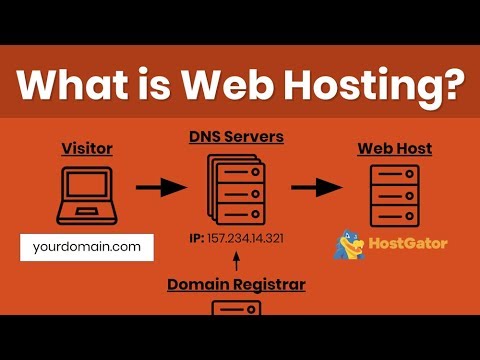Understanding Hosting and Domain
When it comes to launching a website, two key concepts that often confuse beginners are hosting and domain. Both are essential elements for building an online presence, but they serve different purposes. In this article, we will break down what hosting and domain are and how they work together to bring your website to life.
What is Hosting?
Hosting is like renting a space on the internet where your website files are stored. When someone types in your domain name (we’ll get to that in a second), the hosting server sends those files to the visitor’s browser, allowing them to see your site. Think of hosting as the digital foundation for your website.
There are different types of hosting, such as shared hosting, VPS hosting, and dedicated hosting. Shared hosting is the most cost-effective option, as you share server resources with other websites. VPS hosting gives you more control over your server, while dedicated hosting provides a server solely for your website.
What is a Domain?
A domain is like the address of your website. It’s what people type into their browser to access your site, such as www.yourwebsite.com. Domains are unique, and you need to register them through a domain registrar to claim ownership. Your domain can be customized to reflect your brand or niche.
Domains consist of two parts: the top-level domain (TLD) and the second-level domain. The TLD is the .com, .org, or .net extension, while the second-level domain is your unique name before the TLD. Choosing a memorable domain name is crucial for brand recognition and search engine optimization.
How Hosting and Domain Work Together
Now that we understand hosting and domain individually, let’s see how they interact. When a visitor enters your domain into their browser, the domain name system (DNS) translates that name into an IP address, which points to your hosting server. The hosting server then delivers the website files to the visitor’s browser, enabling them to view your site.
Choosing the right hosting plan and domain name is crucial for a successful website. Consider factors like uptime, storage, bandwidth, and support when selecting a hosting provider. As for your domain, make sure it’s easy to remember, relevant to your content, and reflects your brand identity.
Conclusion
Hosting and domain are like the pillars that support your online presence. Understanding how they work together can help you make informed decisions when building your website. By choosing reliable hosting and a memorable domain name, you can create a seamless user experience and establish your brand in the digital world.
